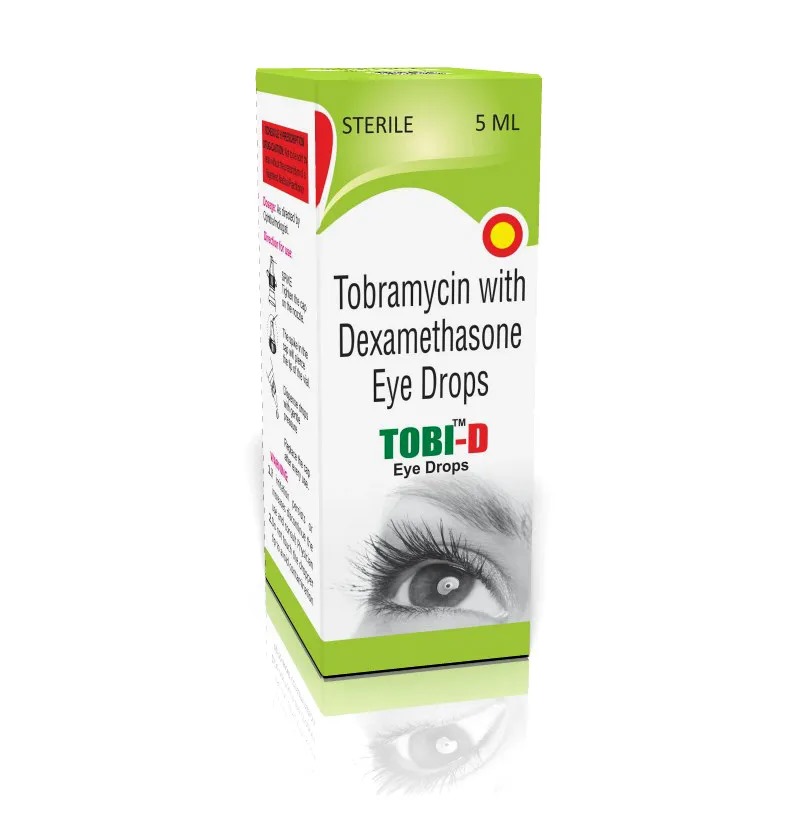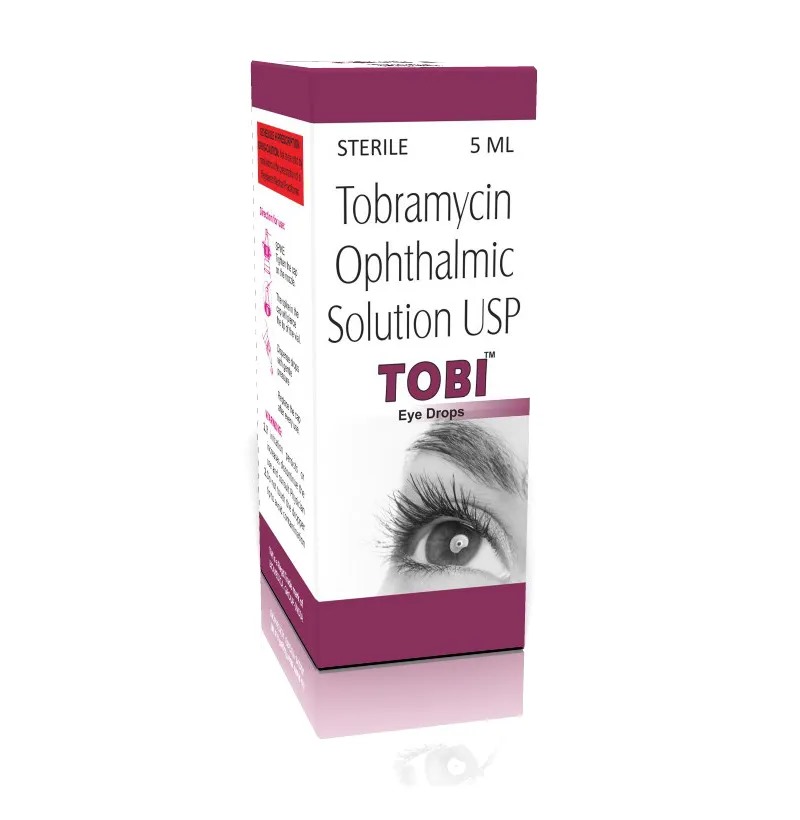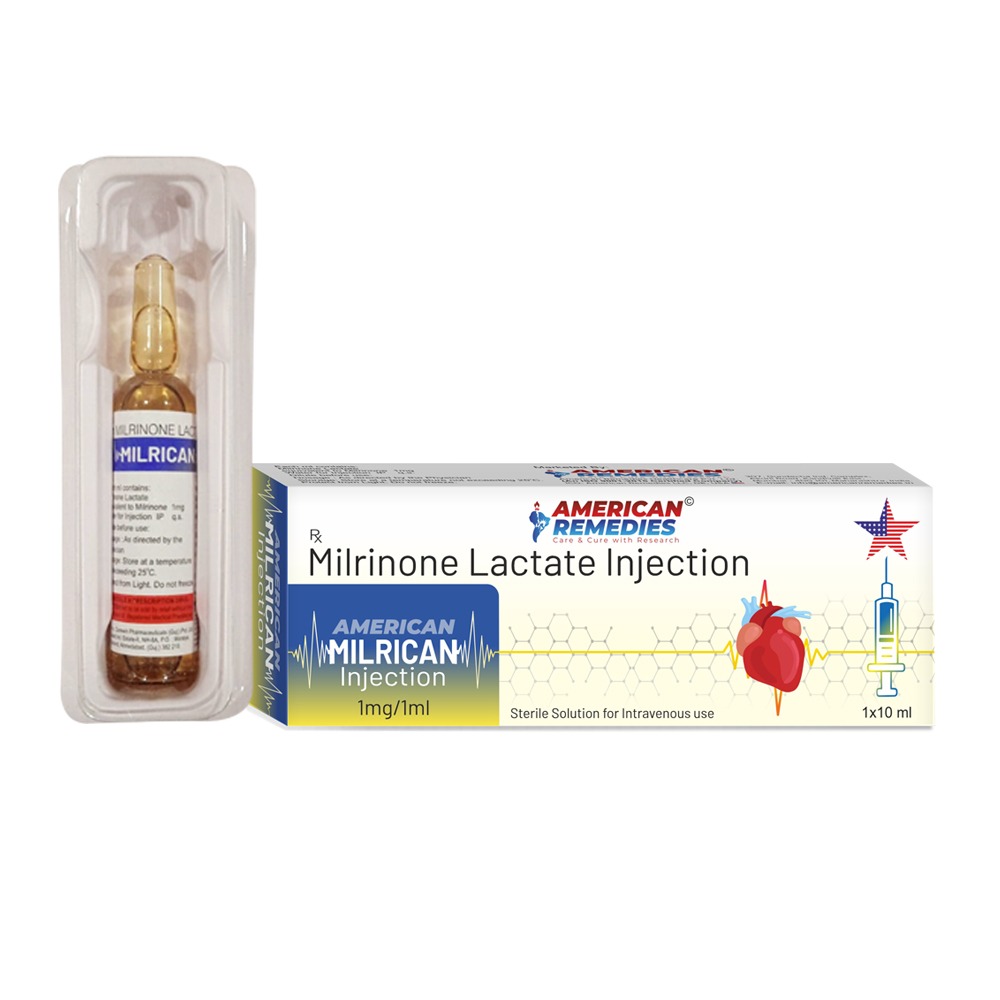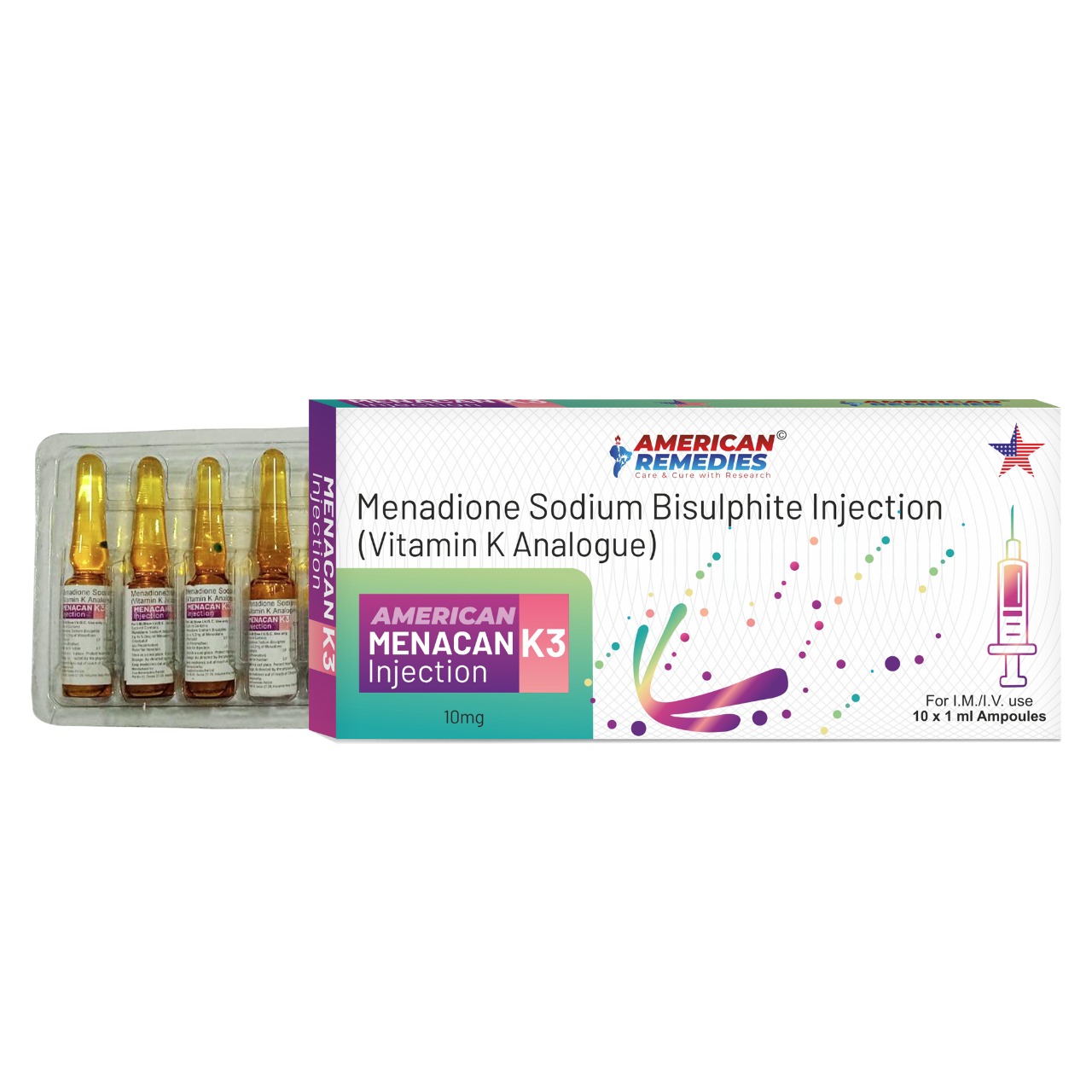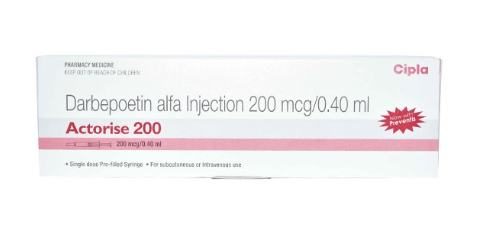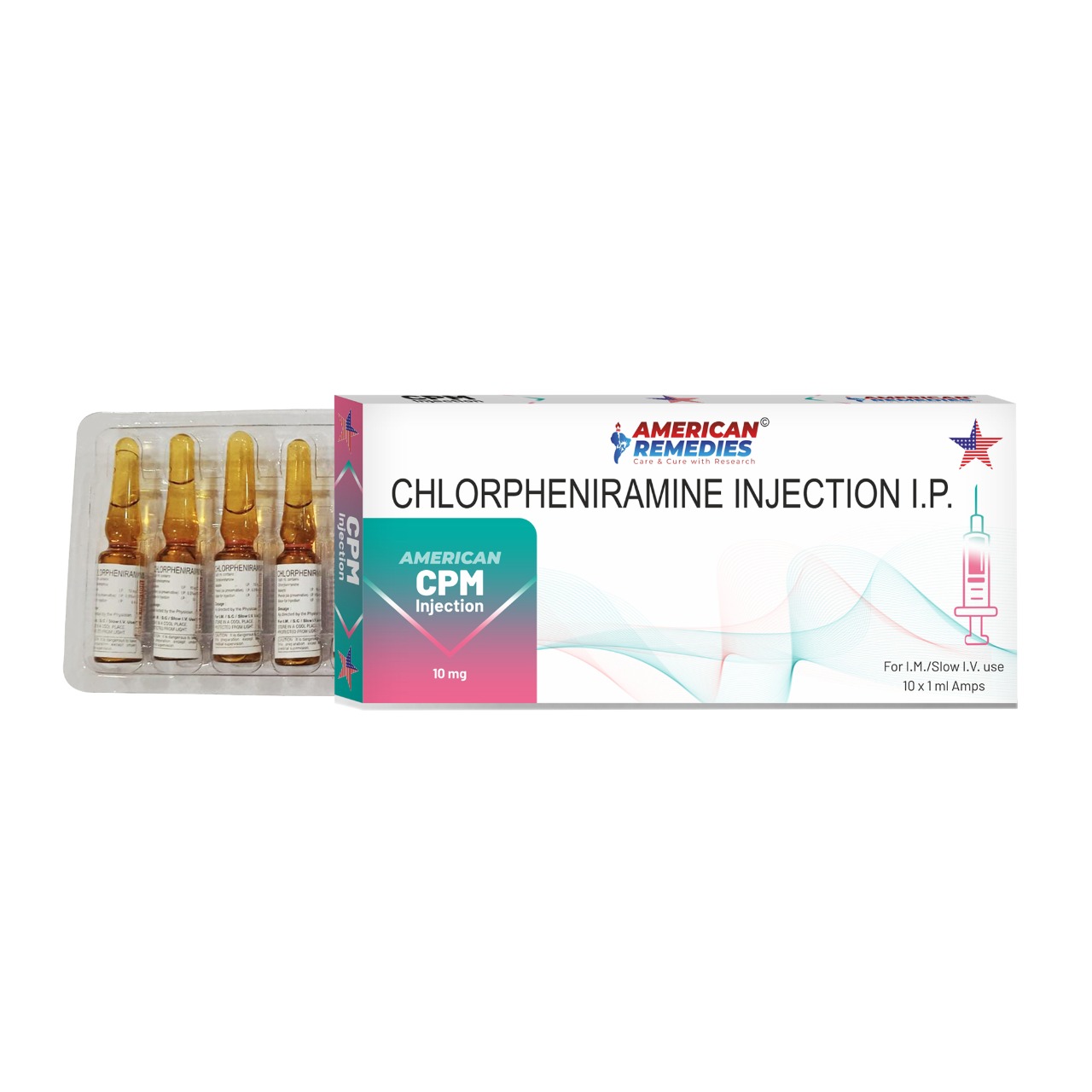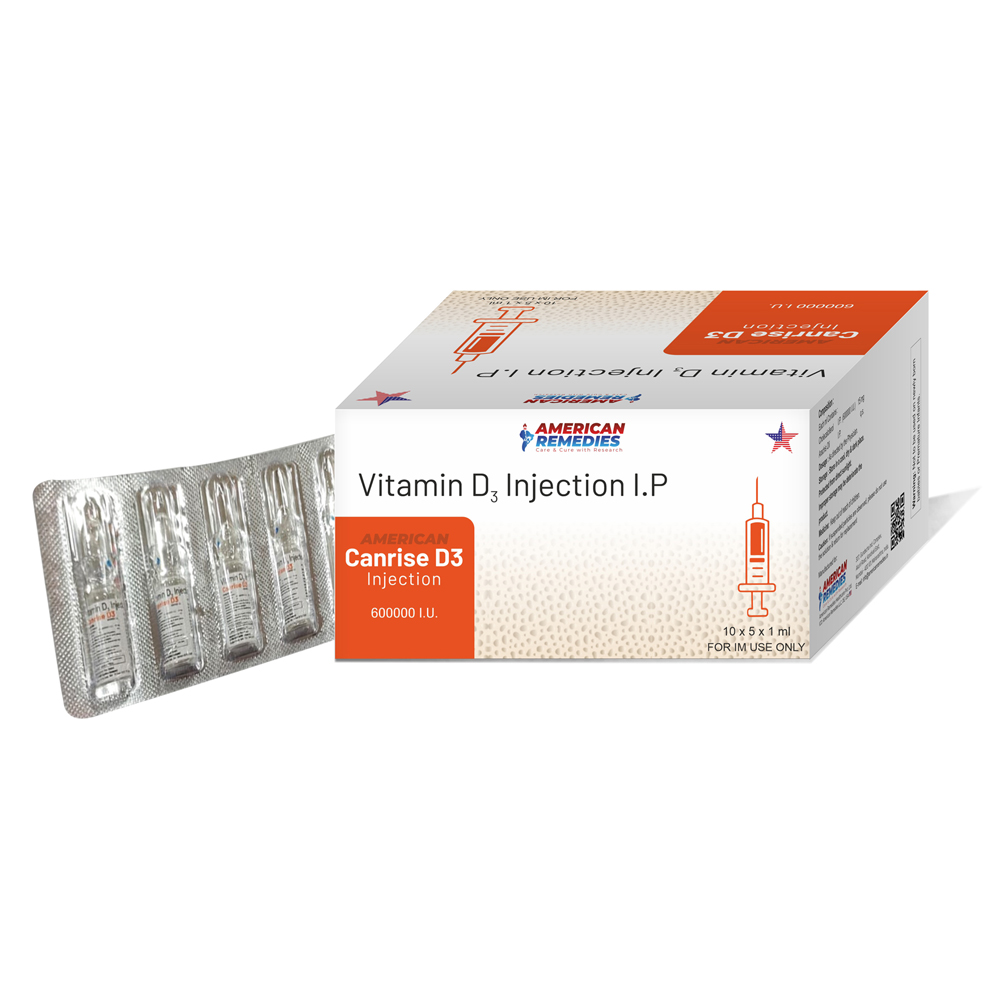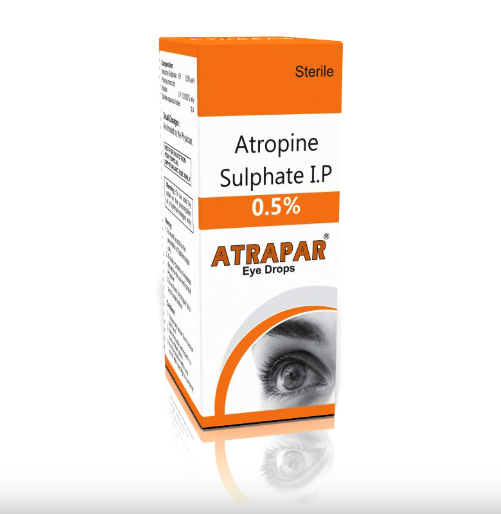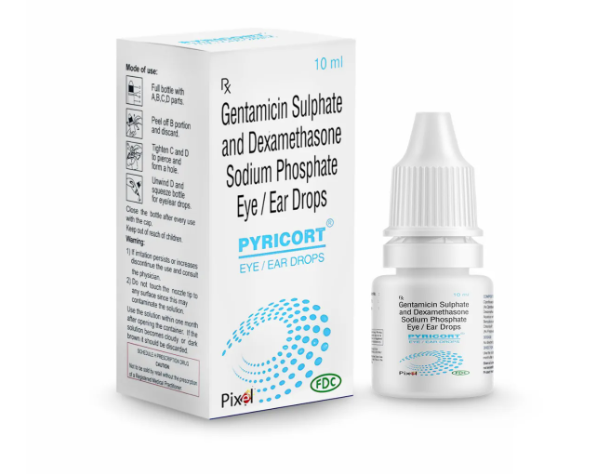Tobi-D (Tobramycin with Dexamethasone) Eye Drops is a prescription ophthalmic solution combining an antibiotic and a corticosteroid to treat specific bacterial eye infections accompanied by inflammation. ________________________________________ ✅ Primary Uses Tobi-D is primarily used for: • Bacterial Conjunctivitis: Infection of the conjunctiva (the membrane covering the white part of the eye and the inner surface of the eyelids). • Keratitis: Infection of the cornea. • Post-surgical Infections: Prophylactic treatment or management of infections following eye surgeries. It addresses both the infection and the inflammation associated with these conditions. ________________________________________ 💊 Dosage and Administration • Standard Dosage: Instill 1–2 drops into the affected eye(s) every 4–6 hours, or as directed by your healthcare provider. • Application Tips: o Wash your hands before use. o Avoid touching the dropper tip to any surface, including the eye, to prevent contamination. o If you wear contact lenses, remove them before applying the drops and wait at least 15 minutes before reinserting them. ________________________________________ ⚠️ Contraindications and Cautions • Contraindications: o Hypersensitivity to tobramycin, dexamethasone, or any component of the formulation. o Active viral infections of the eye, such as herpes simplex keratitis. o Untreated fungal or mycobacterial infections of the eye. • Cautions: o Use with caution in patients with a history of glaucoma, as corticosteroids can increase intraocular pressure. o Prolonged use may lead to cataract formation or secondary ocular infections. o Consult your healthcare provider if you are pregnant, planning to become pregnant, or breastfeeding. ________________________________________ 🧪 Mechanism of Action • Tobramycin: An aminoglycoside antibiotic that inhibits bacterial protein synthesis, leading to bacterial cell death. • Dexamethasone: A corticosteroid that reduces inflammation by inhibiting the release of inflammatory mediators. Together, these components address both the infection and the inflammation associated with certain eye conditions.
Send Message